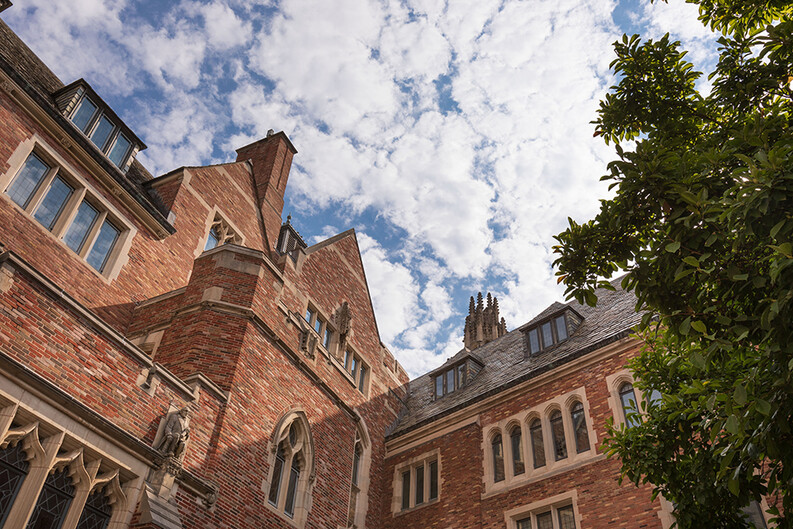LEAP Invites Applications for 2023 Student Grant Program

The Law, Ethics & Animals Program4 (LEAP) at Yale Law School is inviting applications for the LEAP Student Grant Program5. The grant program supports Yale student-led research and creative projects that advance understanding of, draw attention to, or develop strategies to address the urgent threats facing non-human animals. All current Yale students can submit proposals for term time and summer projects.
Since its launch in 2021, the LEAP Student Grant Program has funded an expansive range of student-led projects. Last year’s grantees used their awards to advance research, scholarship, art, and advocacy across the country and internationally. Examples of recent projects supported by the program include:
- Diego Ellis Soto, a Ph.D. candidate in Ecology and Evolutionary Biology, created music using machine learning technology to map animal motion into sound. Ellis Soto’s work created a proof of concept for converting animal behavior into immersive music and visual art. He has displayed and performed this work at academic departments, art galleries (including Tsai CITY6), and music festivals across the United States. Ellis Soto discussed his work in a Q&A7.
- Robin Happel ’23, a J.D. candidate at Pace Law School and a M.E.M. candidate at the School of the Environment, is working with Appalachian Mountain Advocates8, an NGO in West Virginia, on litigation strategies to combat the environmental harms of confined animal feeding operations in the region.
- Zack Steigerwald Schnall, a M.E.M student at the School of the Environment, is conducting a survey to determine how humans assign moral worth and economic value to other species, as well as public understanding of harms to animals and the environment. From these results, he will create a value of statistical life for nonhuman animals, which cost benefit analyses will be able to use going forward. The results of this study will be compiled and synthesized in a report that will be submitted for publication.
- Meredith Barges, a M.Div. student at the Divinity School, launched a new student organization to advocate for bird-friendly changes to Yale’s practices and policies, including bird-friendly building design to reduce collisions, lighting changes to protect dark skies and reduce migratory hazards, cessation of the use bird-killing rodenticides and pesticides, and the propagation of bird-friendly plants on campus.
- Kristy Ferraro and Nathalie Sommer, Ph.D. candidates at Yale and former grant recipients, continued their work publishing on the philosophy of conservation. The research funded by this grant updated two foundational ethical assumptions in conservation: that conservation should value groups and ecosystems above individual animals, and that anthropomorphism has negative value in conservation science. Their paper, “Revisiting Two Dogmas of Conservation Science,” is currently under review.
- Francis Commercon, an M.E.Sc. candidate at the School of the Environment, is conducting a case study in how the discovery of endangered shorebird populations led to updates to Chinese wetland conservation policy. Through interviews, the investigation will shed light on the interaction between ecology and Chinese environmental policy making.
- Rosalyn Leban ’24, a J.D. candidate, is conducting audio interviews and creating oral histories with the residents of Ometepe, Nicaragua. Her work considers the connections between and interdependence of humans, nonhuman animals, and non-animal life on the largest island in a freshwater lake in the world.
- Kevin Yang, an M.A. candidate at the School of Architecture, is designing and building model structures to encourage human-animal cohabitation in urban environments, in collaboration with the Yale Peabody Museum of Natural History and the Yale-Myers Forest. These deployable structures will serve as shelter for animal refugees whose habitats are threatened by human activity, and showcase the genius and plight of wild animals.
- Emily Tian, Yale College ’23, researched and wrote a policy memo about California’s Proposition 12 law9, a 2018 ballot initiative that was approved by 60% of the state’s voters and that requires improved housing conditions for farm animals, and the legal challenges it now faces. The memo, which was written in collaboration with Data for Progress, examines how the case will affect farmed animal welfare.
The deadline for submitting a proposal is March 29, 2023. Interested students can find more detailed grant information and application instructions5 on LEAP’s website. For questions, please contact Laurie Sellars.


